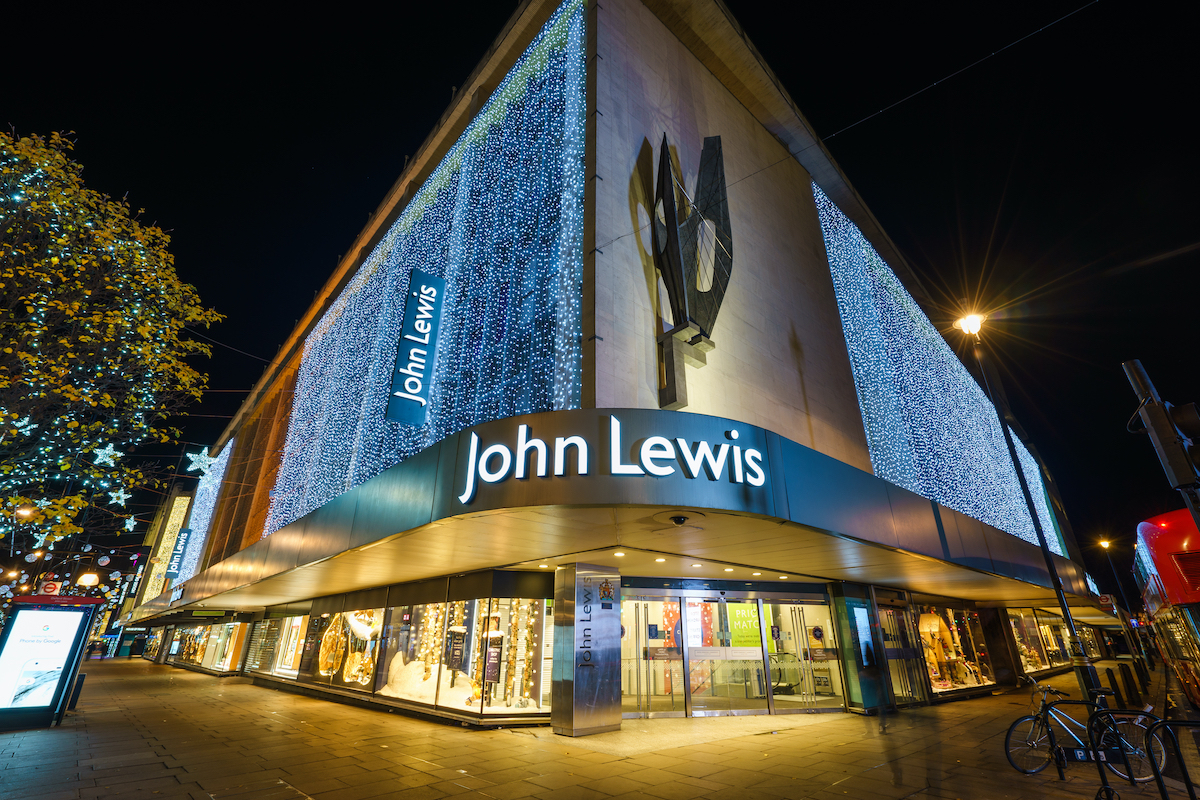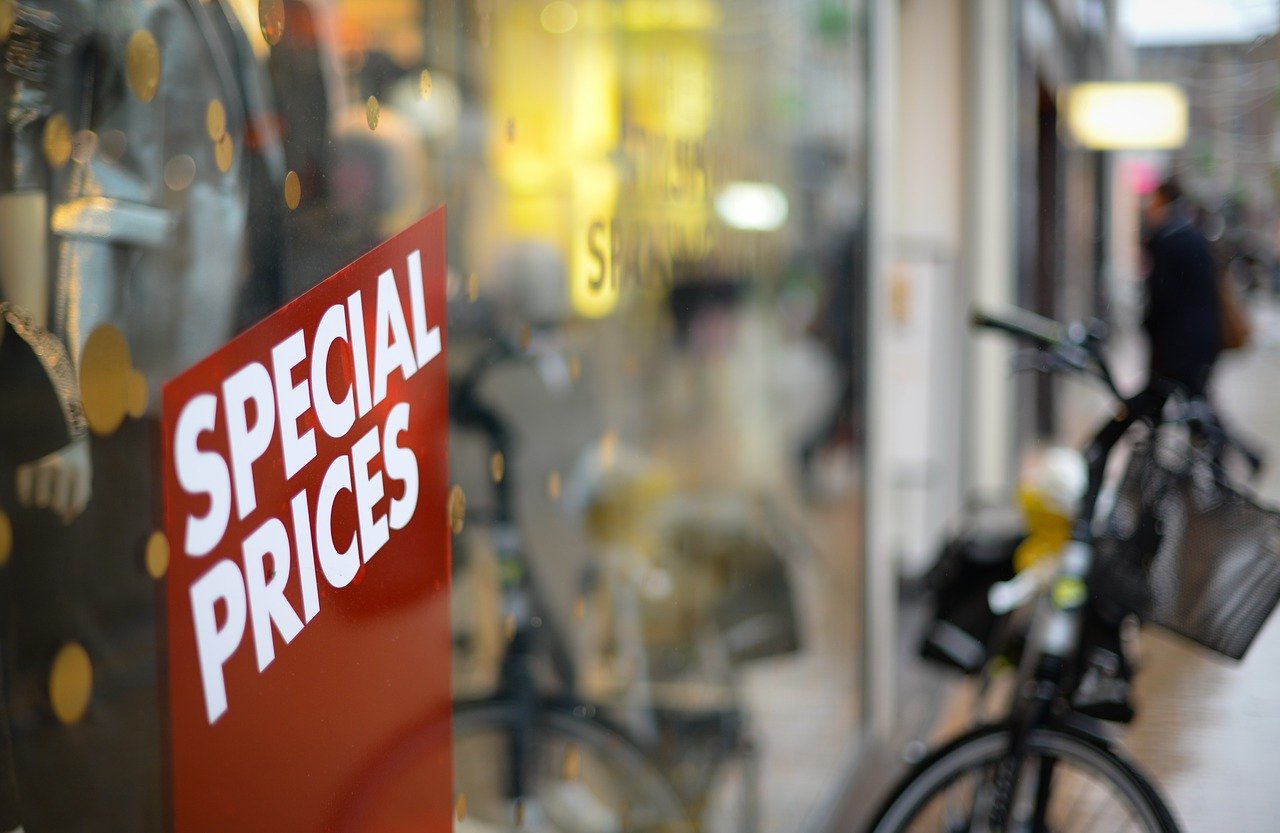This website uses cookies so that we can provide you with the best user experience possible. Cookie information is stored in your browser and performs functions such as recognising you when you return to our website and helping our team to understand which sections of the website you find most interesting and useful.
Should luxury brands ever do special offers?
2 November 2020 | Style
John Lewis & Partners recently ditched their timeless slogan, ‘Never Knowingly Undersold’ as part of a series of refreshes under new chair Sharon White. The brand’s positioning is one of luxury and, as well as supplying white goods and appliances, they also cater to those searching for luxury items. The slogan was one that alluded to…

John Lewis & Partners recently ditched their timeless slogan, ‘Never Knowingly Undersold’ as part of a series of refreshes under new chair Sharon White. The brand’s positioning is one of luxury and, as well as supplying white goods and appliances, they also cater to those searching for luxury items. The slogan was one that alluded to price, in that the customer would never be able to find something of a higher quality cheaper elsewhere.
The dropping of the slogan suggests John Lewis & Partners is trying to appear as though they don't need to focus on having the cheapest prices. This could be because the brand is so well-known that people flock to it for the label rather than the value. The possibility of the concept had us wondering; should luxury brands ever do special offers if they don't actually need to? >>
John Lewis to ditch ‘never knowingly undersold’ vow after nearly 100 yearshttps://t.co/GGZbsDMMEn pic.twitter.com/uLDSsGzxpS
— Daily Mirror (@DailyMirror) August 23, 2020
A study from 2013 found that the price of luxury goods rose 60% from 2003. Some suggest that this is to combat the rising price of the goods being made – raw materials such as cashmere and Egyptian cotton are expensive. Many believe that the reputation of brands such as Aston Martin and Chanel would be damaged if they were to regularly have sales. So, savvier luxury brands are looking at alternative ways to attract new customers without it seeming like they need to have a sale, through the use of other special offers.
Special offers don’t have to just be about discounting products. They can be about developing loyalty to the brand. For instance, the Ritz-Carlton has a reward program through the Marriott Bonvoy loyalty scheme. This provides an incentive for customers while maintaining the brand’s image.

Special offers are less a reflection on the brand and more on the changing face of the customer. Fast fashion brands like boohoo and PrettyLittleThing, for example, have captured the attention of a generation of people who want to look good without spending too much money. As such, people are focused on looking for bargains. To compete with these brands – and to attract customers who are more naturally inclined to higher-end goods – luxury brands may have to begin relying on similar special offers.
A special offer is universal in that it can be used in any industry to differentiate from competitors in a highly saturated market. For example, the online casino and gambling industry has grown exponentially in popularity and there is more competition than ever for the same audience. For example, as this list of new bingo sites shows, all the sites offer an incentive, from no-deposit bonuses to bonus spins, which help attract customers to their sites and boost audience numbers. All special offers are designed to attract new customers, from luxury brands and fast fashion, to bingo, and are often successful in being more fruitful for the brand in the end.
Special offers and luxury brands no longer have to be antithetical. Aston Martin could most probably hold a sale and retain its commitment to luxury. Customers across the board are savvier and more conscious about the brands they want to spend with. A sale or special offer may end up being the difference between choosing a luxury brand or choosing one at a naturally lower price point.






